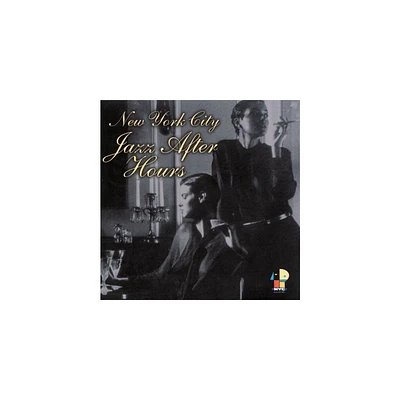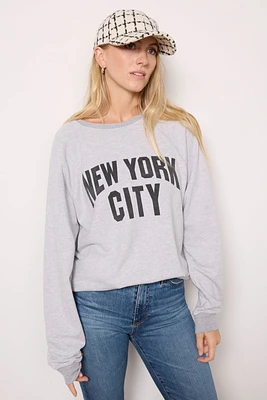Home
COVID-19 New York City: An Ecology of Race and Class Oppression
Loading Inventory...
Barnes and Noble
COVID-19 New York City: An Ecology of Race and Class Oppression
Current price: $64.99


Barnes and Noble
COVID-19 New York City: An Ecology of Race and Class Oppression
Current price: $64.99
Loading Inventory...
Size: Paperback
*Product Information may vary - to confirm product availability, pricing, and additional information please contact Barnes and Noble
This book is the first social epidemiological study of COVID-19 spread in New York City (NYC), the primary epicenter of the United States. New York City spread COVID-19 throughout the United States. The context of epicenter formation determined the rapid, extreme rise of NYC case and mortality rates. Decades of public policies destructive of poor neighborhoods of color heavily determined the spread within the City. Premature mortality rates revealed the "weathering" of policy-targeted communities: accelerated aging due to chronic stress. COVID attacks the elderly more severely than those under the age of 60. Communities with high proportions of prematurely aged residents proved fertile ground for COVID illness and mortality. The very public policies that created swaths of white wealth across much of Manhattan and parts of Brooklyn destroyed the human diversity needed to ride out crises.
Topics covered within the chapters include:
• Premature Death Rate Geography in New York City: Implications for COVID-19
• NYC COVID Markers at the ZIP Code Level
• Prospero's New Castles: COVID Infection and Premature Mortality in the NY Metro Region
• Pandemic Firefighting vs. Pandemic Fire Prevention
• Conclusion: Scales of Time in Disasters
An exemplary study in health disparities,
COVID-19 in New York City: An Ecology of Race and Class Oppression
is essential reading for social epidemiologists, public health researchers of health disparities, those in public service tasked with addressing these problems, and infectious disease scientists who focus on spread in human populations of new zoonotic diseases. The brief also should appeal to students in these fields, civil rights scholars, science writers, medical anthropologists and sociologists, medical and public health historians, public health economists, and public policy scientists.


















